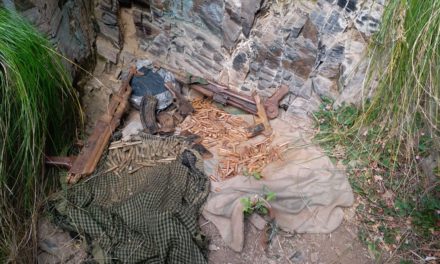![]()
Gulmarg, Qazigund also break previous record; MeT predicts dry weather for next one week in J&K
Srinagar, Sep 10 (KNO): Amid the hot and dry weather conditions in Jammu & Kashmir, the summer capital Srinagar on Sunday recorded hottest day in September after 18 years.
According to the details available with the news agency—Kashmir News Observer (KNO) Srinagar recorded hottest day in September today at 32.9 degree Celsius.
Independent Weather Forecaster, Faizan Arif Keng told KNO that record-breaking heat wave conditions hit Kashmir today as the maximum temperature was above normal at maximum places.
“Srinagar today recorded a maximum temperature of 32.9 degree Celsius, which is 4.7 degree Celsius above normal,” he said, adding that this is the highest maximum temperature recorded in September since 2005.
The previous highest temperature was recorded at 33.4 degree Celsius on 06 September 2005 while the all-time record is 35.0 degree Celsius on 18 September 1934.
Gulmarg, a famous ski-resort has also recorded hottest day in September after the gap of 14 years as the mercury settled at 24.0 degree Celsius, which is 4.9 degree Celsius above normal.
The previous record in the month of September at Gulmarg was 24.4 degree Celsius on 27 September 2009 while the all-time record is 26.0 degree Celsius on 03 September 2005.
In South Kashmir’s Qazigund, the maximum temperature settled at 32.4 degree Celsius, which is above 5.9 degree Celsius than normal.
Keng said that the hottest in September was earlier recorded on September 12, 2019 at 32.8 degree Celsius.
The all-time record at Qazigund in September is 32.8 degree Celsius in 1988 & 2019.
Meanwhile, Director Meteorological department (MeT), Sonum Lotus said that there is possibility of mainly clear & dry weather conditions for the next one week from September 11 to 17.
“Overall, there is no forecast of any major rain/snowfall for next one week. A brief spell of Light Rain/(Snow over higher reaches) at isolated places can’t be ruled out on certain days, in Jammu region, although chances are less,” Lotus said.
He further added that the temperature would continue to remain above normal in both regions for the next one week—(KNO)

























